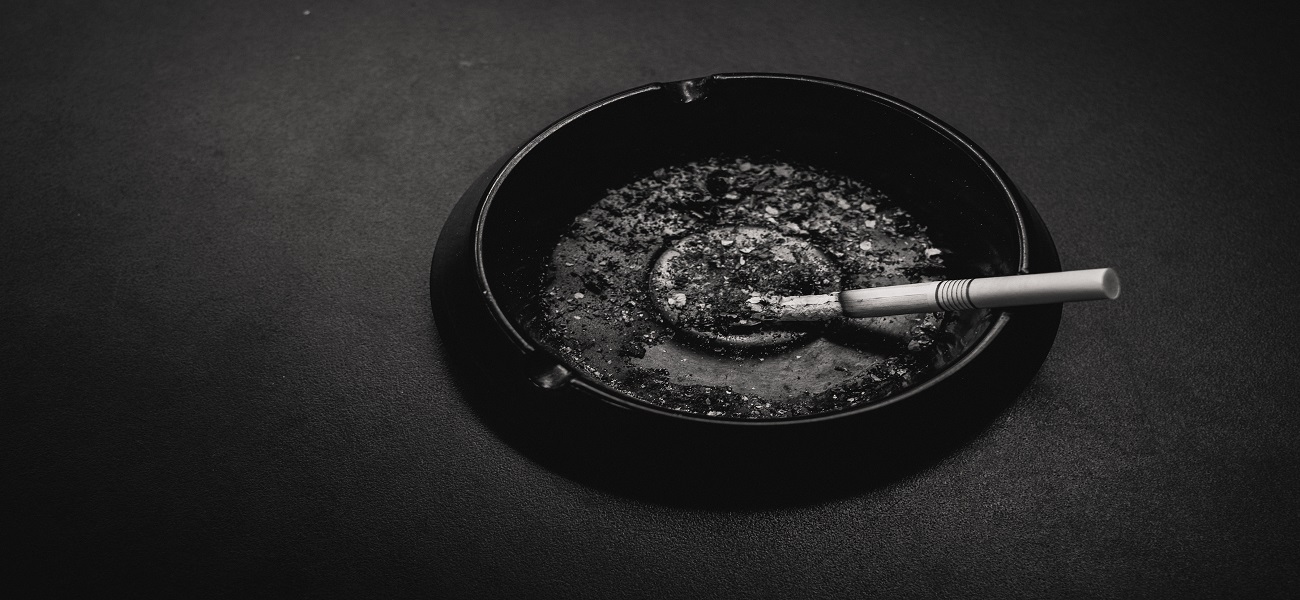The Federal Government on Sunday announced an increase in the excise duty rates for alcoholic beverages and tobacco with effect from June 4, 2018. The increase in taxes will be phased from now till 2020. An excise duty tax is a tax charged on goods produced within a country.
Last November, the Minister for Finance Kemi Adeosun revealed that the government was planning to introduce new excise taxes for alcohol and tobacco. She said this at the Ecowas summit of Finance Ministers in Abuja. In that same summit, Edward Singhatey, ECOWAS vice president, also revealed that the commission would increase excise duties on tobacco and other unhealthy products to increase revenue and reduce consumption of such products in the sub-region.
Tax windfall for the government
Nairametrics research as at 2016 suggests about 21 billion sticks of cigarettes were produced in the country. 12 billion of these sticks were sold in Nigeria and the rest sold in West African Markets.
Data from the National Bureau of Statistics reveal Nigeria’s beverage and tobacco imports were N64.9 billion in 2017 up from N49 billion in 2016. Nigeria’s tobacco export was N8.9 billion in the 4th quarter of 2017 alone. However, within Africa, Nigeria’s mainly exports tobacco to Ivory Coast, Benin Republic and Burkina Faso. Total African exports were about N2.3 billion.
According to the new taxes, a stick cigarette will attract a ₦1 specific rate per stick (₦20 per pack of 20 sticks) in 2018, a ₦2 specific rate per stick (₦40 per pack of 20 sticks) in 2019 and ₦2.90k specific rate per stick (₦58 per pack of 20 sticks) in 2020.The current ad valorem tax of 20% on cigarettes will, however, remain in place.
Based on this data, the Nigerian Government in 2018 stands to earn about N21 billion in new taxes from Cigarette produced in the country. Another, 42 billion in 2019 and about N60 billion in 2020.
Our sources also inform us that British American Tobacco (BAT) is the market leader for tobacco in Nigeria and controls about 78% of the market share and closer to 82% for the West African Market, according to 2016 data cited by Nairametrics.












